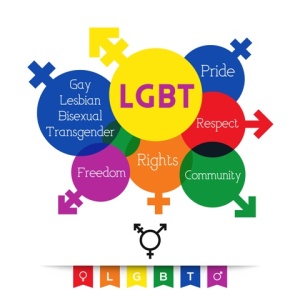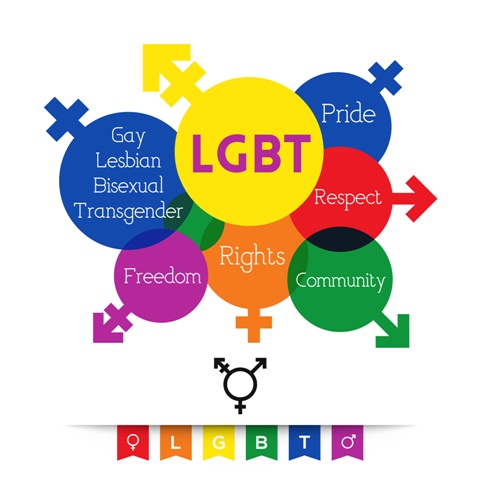Written by Vasileios Margaras,

Regions and cities can play an important role in promoting lesbian, gay, bisexual, transgender and intersex (LGBTI) equality. Local government entities can use targeted approaches and activities to combat prejudice, discrimination, intimidation and violence against LGBTI people, thus contributing to the wellbeing of their citizens. They can also adopt a pro-LGBTI approach through cooperation with LGBTI groups, inclusive policy processes and provide LGBTI-related support services, activities and information.
LGBTI inclusion may have a positive impact on local and regional development. A recent article on the relationship between LGBT inclusion and economic development argues that exclusionary treatment is not only harmful to LGBT individuals involved, it also carries costs that impact the broader economy such as lost labour time, lost productivity, underinvestment in human capital, and the inefficient allocation of human resources through discrimination in education and hiring practices. The authors suggest that per capita gross domestic product (GDP) is higher in countries that have more legal rights for Lesbian Gay and Bisexual people and that LGBT inclusion and economic development are mutually reinforcing.
An Open for Business report argues that LGBT+ inclusive cities are better placed to develop their global competitiveness. They have stronger ‘innovation ecosystems’, higher rates of entrepreneurialism, greater concentrations of skills and talent and are more likely to become hubs for high-value industries. The report does not claim that LGBT+ inclusion directly causes cities to prosper, but rather that it is beneficial to their human capital and a supportive element in their development. In addition, the presence of a visible LGBT+ community may be taken as a signal that a city will be an attractive place to live. Evidence shows that competitive advantage goes to those cities that are open to new ideas, welcoming to people of different backgrounds, and provide an environment that encourages the free flow of innovation. Another study seems to validate this claim, as it suggests that tolerance concerning immigration and integration in Switzerland explains a large part of the concentration of the creative workforce, followed by tolerance of same-sex partnerships.
Furthermore, LGBTI inclusiveness can be beneficial for the economy overall. A United States Chamber of Commerce Foundation report found that publicly held companies with LGBT-friendly policies have seen their stock prices increase by an average 6.5 % compared with their industry peers. It also suggests that LGBT inclusive companies attract better talent and decreased employee turnover. A World Economic Forum article estimates that countries where LGBT inclusive policies do not exist tend to miss out on economic growth. Various companies aiming at servicing the LGBTI community have been emerging. Furthermore, an United Nations World Tourism Organization Global Report on LGBT tourism shows that LGBT tourism is widely recognised as an important and promising segment of tourism globally. It therefore constitutes a potential additional development activity for European regions and cities.
A number of cities have been influential in setting LGBTI friendly policies in Europe and the world (e.g. the Dutch Rainbow Cities network and the international Rainbow Cities Network). However, there have been also local and regional examples of a degradation in LGBTI rights and freedoms. For instance, since the beginning of 2019, 87 localities (regions, counties and municipalities) have passed bills or have declared themselves ‘LGBTI-free’ or ‘free of LGBT ideology’ in Poland. In November 2019, Members of the European Parliament debated on public discrimination and hate speech against LGBTI people, including LGBTI free zones. This debate was requested at the initiative of the LGBTI Intergroup, a group of Members of the European Parliament who are active in supporting LGBTI rights. In December 2019, the European Parliament deplored attacks carried out by public authorities against LGBTI people during referenda and elections in several EU countries. The Parliament and the European Commission have also strongly condemned the creation of ‘LGBTI-free zones‘ by local authorities in Poland. An EPRS briefing summarises the rights of LGBTI people in the European Union and the role of the Parliament in LBGT equality.








[…] Source Article from https://epthinktank.eu/2020/05/15/how-does-creating-lgbti-inclusive-regions-and-cities-matter-to-the… […]